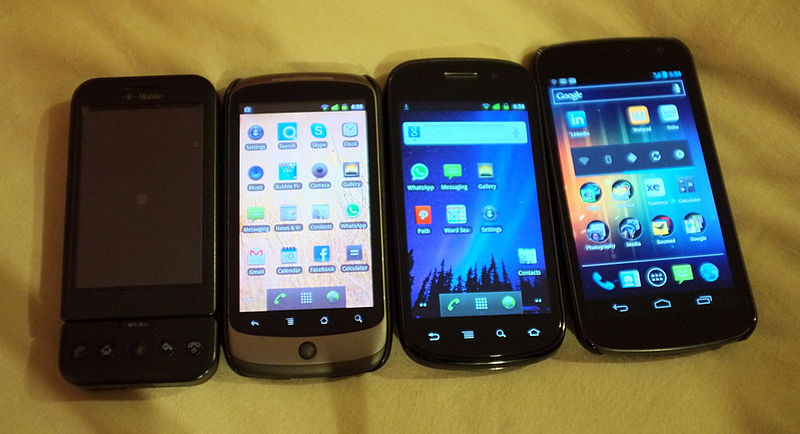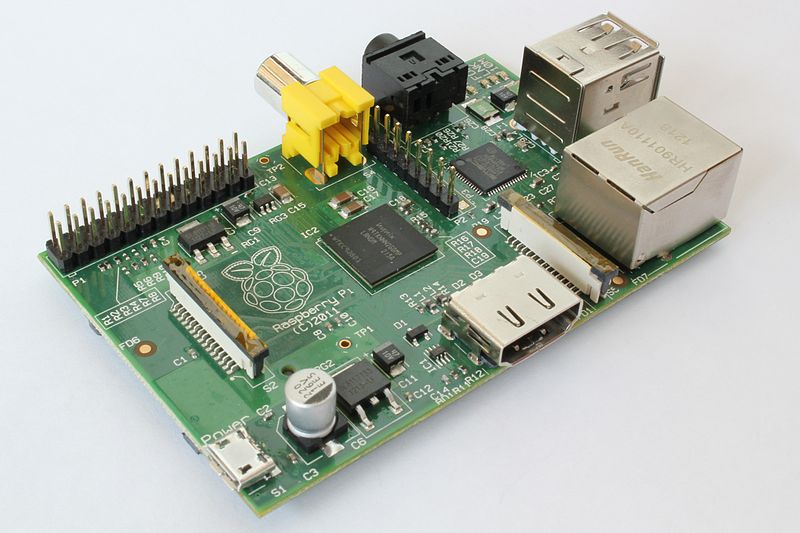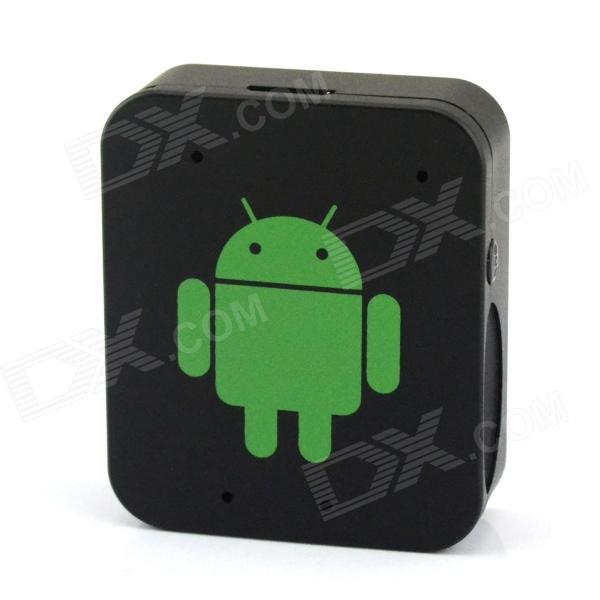Car-logger - part 1
Overview
I want to know where my car is. Especially if it gets stolen. Logs would be a bonus. Also, I have several outdated Android phones, which has all necessary hardware.
- I don’t want to use Google (latitude) or other service providers (embedded hardware).
- I don’t want to pay, unless I have to.
- If possible, I’d like it to do more (explained further down).
Hardware options
Old android phones

Pros:
- Free hardware.
- Lots of sensors (GPS, compass, barometer, temperature of hardware/battery, WiFi, Bluetooth, camera, microphone).
- UPS (the battery).
- Low power consumption.
- Reasonably small.
- Can be used for calling in an emergency.
Cons:
- Not as easily programmed as something running a full Linux.
- Lots of apps doesn’t run on old versions of Android.
Raspberry Pi (or similar)

Pros:
- Easy to program.
- Easily hook up extra gear via USB.
- Can get online for free by connecting to any open network. Or even start cracking passwords.
Cons:
- Cost (the Pi isn’t expensive, but with full set of attachments it may be.
- Size/cable-mess.
- No RTC (real-time-clock). Need network to set time after a reboot.
- Power consumption.
- UPS is expensive.
Dedicated GPS logger

Like this one: Mini GSM tracker.
Pros:
- Size.
- Ease of use.
- Battery time.
Cons:
- All data is sent to an unknown company in China.
- No expandability, programability.
- SIM card is needed, twin SIM can not be used as calls will trigger a location report by SMS to caller.
Conclusion
I think the phones easily wins this one for me.
Extra features
Extra features I’d like, once I’ve decided to go with phones:
- Run scanning for Open WLAN Map and/or Mozilla.
- Run reporting for PressureNET if possible.
- Have phone attempt to connect to open WiFis, instead of needing a SIM-card.
To be continued …